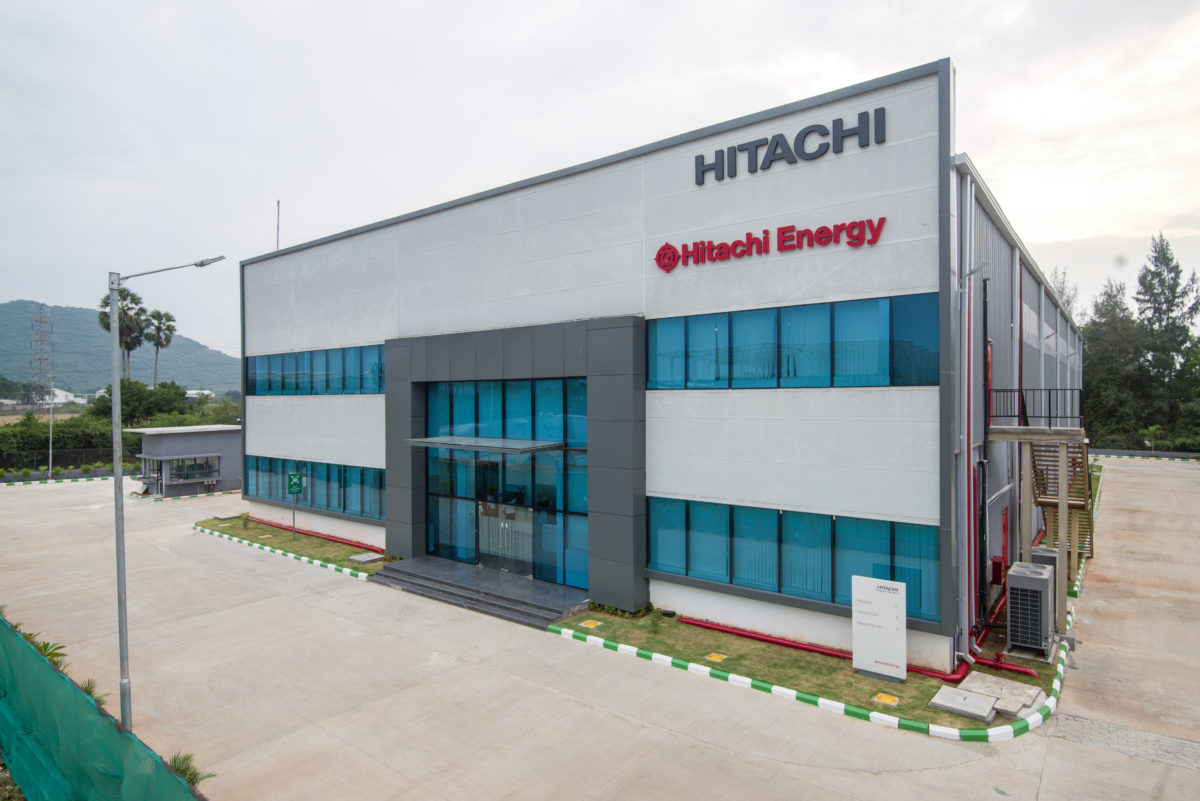Hitachi Energy today inaugurated a new factory in Chennai to manufacture high-voltage direct current (HVDC) and power quality products.
“The factory will manufacture advanced power electronics for HVDC Light [voltage source converter technology’, HVDC Classic, and STATCOM grid and power quality technologies, together with MACH control and protection system, the brain behind our advanced transmission and power quality solutions,” stated the company. Hitachi’s STATCOM technology improves voltage stability and grid reliability by continuously and rapidly providing reactive power in response to voltage variations.
The factory will cater to the rising number of high-voltage transmission projects in India and export to support global HVDC installations.
India targets to meet half of the total power generation from renewables by 2030. Achieving this will require the bulk transmission of clean energy over long distances and balancing the national grid for intermittencies, for which HVDC and power quality are the ideal solutions.
HVDC transmission has been a breakthrough in connecting remote renewable generation points with the national grid, transmitting large amounts of electricity with significantly reduced transmission losses and physical footprint.
Hitachi Energy has executed more than half the HVDC links in India, including the North-East Agra link, the world’s first multi-terminal ultrahigh voltage link enabling the transmission of a clean power supply for 90 million people, as well as the 6 GW Raigarh-Pugalur link, transmitting power from central India to consumers in the south, over a distance of 1,830 km.
This content is protected by copyright and may not be reused. If you want to cooperate with us and would like to reuse some of our content, please contact: editors@pv-magazine.com.









By submitting this form you agree to pv magazine using your data for the purposes of publishing your comment.
Your personal data will only be disclosed or otherwise transmitted to third parties for the purposes of spam filtering or if this is necessary for technical maintenance of the website. Any other transfer to third parties will not take place unless this is justified on the basis of applicable data protection regulations or if pv magazine is legally obliged to do so.
You may revoke this consent at any time with effect for the future, in which case your personal data will be deleted immediately. Otherwise, your data will be deleted if pv magazine has processed your request or the purpose of data storage is fulfilled.
Further information on data privacy can be found in our Data Protection Policy.